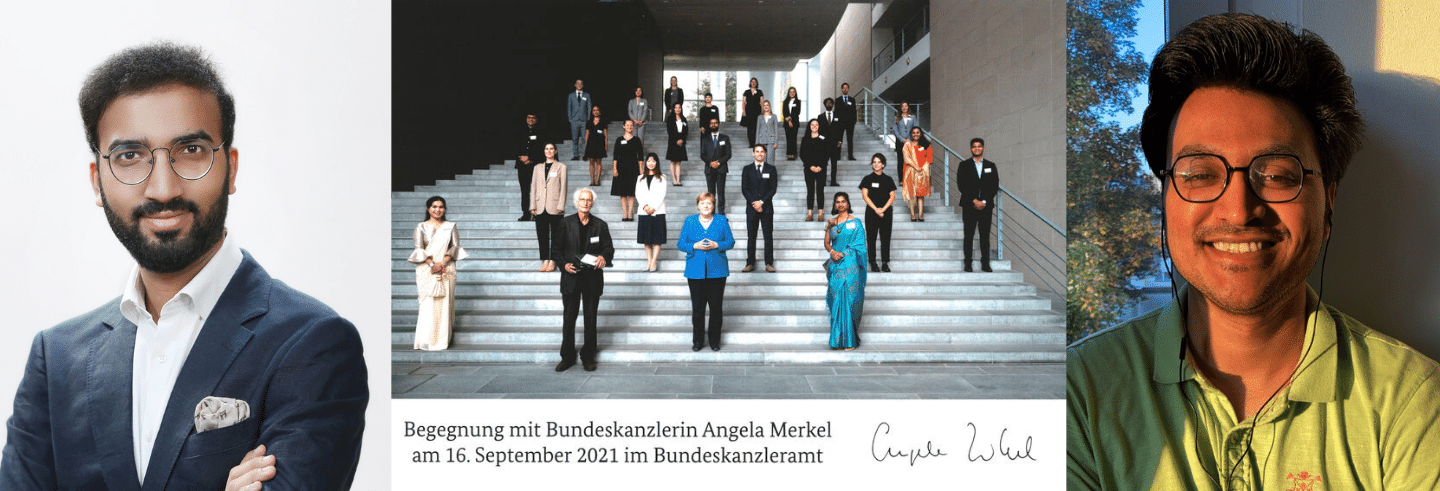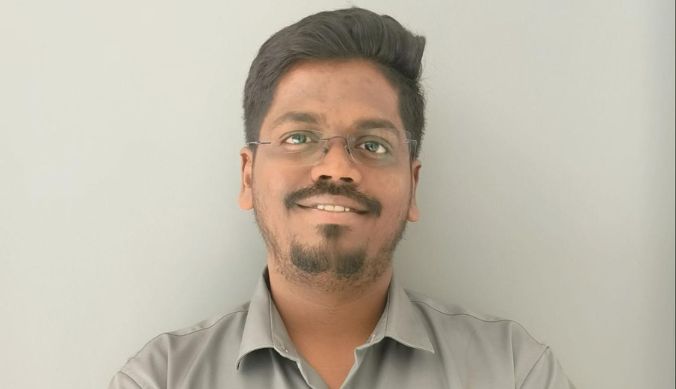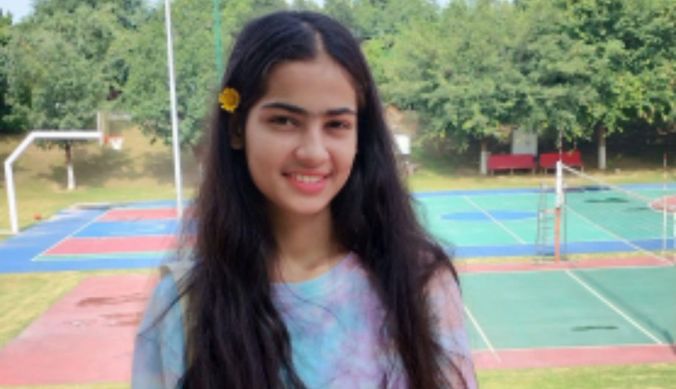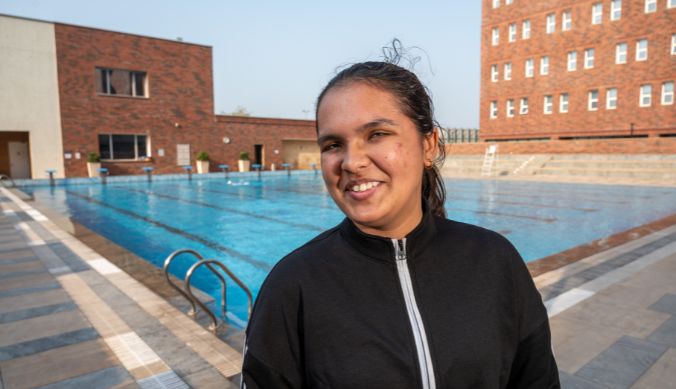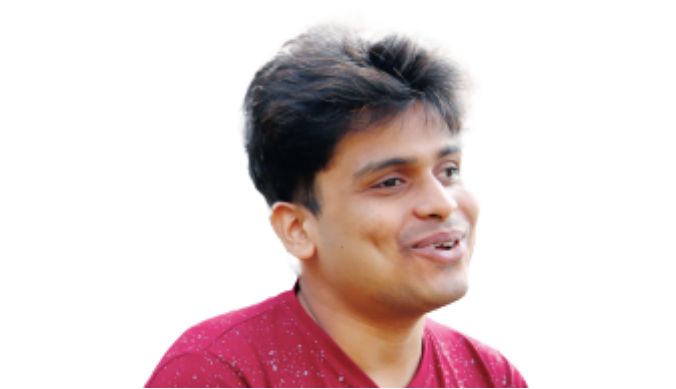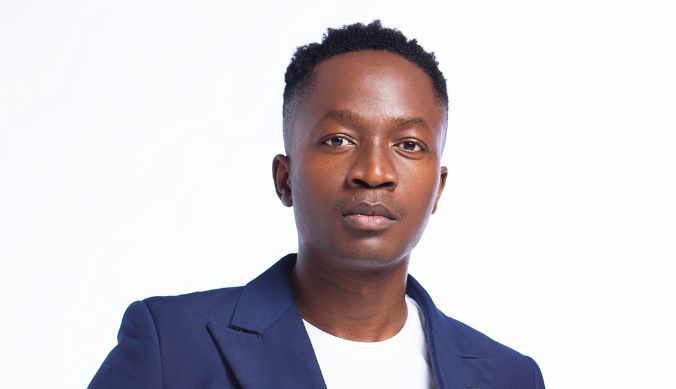From YIF to German Chancellor Fellowship: The journey of Ashoka alums Rituj Sahu and Venugopal Rajamani
What defines a leader? Perhaps it is their mettle, the ability to envision impact at scale and the passion to drive change. This aptly describes Rituj Sahu and Venugopal Rajamani from the Young India Fellowship batch of 2017-18. They were among the 45 young leaders selected for the Alexander von Humboldt Foundation’s German Chancellor Fellowship (GCF) Programme in 2020.
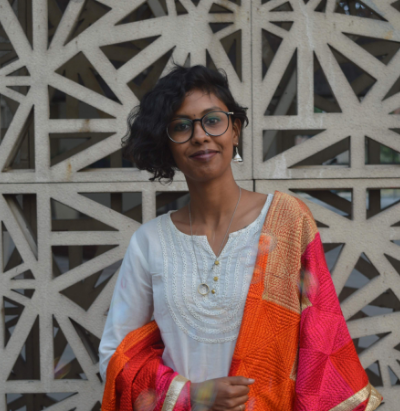
Meera C Govindan
19 April, 2022 | 4m readThe GCF is a global leadership program that brings together decision-makers and thought leaders across six countries and gives them the opportunity to spend a year in Germany exploring and executing self-developed projects of socio-economic significance. The Fellows receive supervision and mentorship from host institutions based in Germany in carrying out their projects across domains such as politics, business, media, administration, society or culture.
Excerpts from an interview:
Let us start with your Ashoka journey and to where it has led you.
Rituj: Coming to Ashoka University’s Young India Fellowship was a conscious decision for me. Before committing to a larger cause in life, I wanted exposure to alternate ideas and disciplines that break the stereotypical linear path to success and happiness. The Young India Fellowship took me on a journey of exploring possibilities. The deepest impact Ashoka University left on me was with respect to people. My roommate Mudra, for one, drastically changed how I viewed the world and infused in me a sense of appreciation for differences in perspective. After my life at Ashoka University, I was working in public policy and advisory for social impact in food systems. The German Chancellor Fellowship happened soon after that.
Venugopal: When I arrived at Ashoka University, I had just completed my Apprenticeship for Chartered Accountancy and needed a breather. Since I had always wanted to engage with philosophy, psychology and history academically, multidisciplinary liberal education seemed like a natural fit. My greatest learning from Ashoka University has been imbibing transfer thinking, that is when a learner’s mastery of knowledge or skills in one context enables them to apply that knowledge or skill in a different context. It plays out all the time with Fellows at YIF. Another takeaway has been Professor Aseem’s course on Ecology and Global modernity which has had a lasting influence in the way I perceive the world. After the Young India Fellowship, I went on to do the Chief Minister’s Fellowship in Maharashtra working towards developing an integrated CSR framework for the state. Around the same time I started following early trends in ESG investments and that interest led me to the GCF.
How did you come across the German Chancellor Fellowship?
Venugopal: I first heard about the German Chancellor Fellowship (GCF) through my partner who was also a GCF fellow herself in the same year as I was. Moreover, Ashoka alums, namely, Monica Shukla, Varun Kashyap, Akshay Barik and Habiba Insaf, had also been awarded the Fellowship in previous years, so I knew about it. In fact, Akshay Barik helped abundantly and took several calls to answer my queries about the GCF program in great detail.
What are the chances of two fellows from the same batch of YIF landing up at the German Chancellor Fellowship at the same time?
Rituj: It was a sheer coincidence. After the fellowship, Venu and I had fallen out of touch and neither one of us knew that the other had also applied for the Fellowship. So when the final selection was announced, we were both in for a pleasant surprise. It was really great to have a YIF to count on and we supported each other throughout our time in Germany. In a way, the GCF helped us reconnect in Berlin and we’ve ended up becoming good friends.
How did you go about finding your calling and committing to it?
Rituj: In my professional life, I have always been on a path of consistent experimentation. It led me to discover that my true passion lies in marrying profit with purpose. I had been working in risk consulting and advisory and was slowly getting drawn towards Impact Investment. Working in that space after the Fellowship gave me a keener understanding and I knew I wanted to pursue it further.
Venugopal: It is more about timing than anything else. I was watching some early trends and noticed that with time, investments were incorporating environmental, social and governance (ESG) factors into their decision-making. I realised then that it was a matter of time until financial auditors would be tasked with verifying and certifying how true these were. Given my vocation as a CA, it was a natural progression to arriving at this intersection of sustainability and finance.
How has the German Chancellor Fellowship impacted your career?
Rituj: During the GCF, I worked with a German institution, Wider Sense GmbH, researching and documenting innovations in Impact Investment in Germany. Not only did I get an international exposure to the field, I could also update myself with technical skills in Social Impact Consulting. In addition at my host institution I was a part of the Diversity Task Force which was a great learning experience. Despite the pandemic, I was able to build an international network along with my peers, colleagues and other German Chancellor Fellows from different countries across different domains. Getting to learn from them about politics, culture, work and everything else was deeply enriching. Following the GCF, I will be working with the Rockefeller Foundation in their Asia team strategizing on grants and investments related to food security.
Venugopal: My project with the GCF examined the ESG and sustainable finance landscape in Germany and Europe with a focus on policy and regulation. In that process, my objective was to develop an index and understand what policy tools can catalyze financial systems to advance green and social finance. Going forward, I’ll continue to work on ESG and sustainable finance policy in Germany, assisting national governments through international cooperation and technical assistance projects.
Who should apply for the German Chancellor Fellowship and what would be your advice to them?
Venugopal: There are no defined parameters for who is an ideal candidate for the GCF. Recipients have been lab-scientists, lawyers, tech enthusiasts, policy professionals and has also included artists and musicians. One of the key requirements is that the applicant should work on a self-developed project that has the potential to foster Indo-German relations.
Rituj: The GCF emphasizes on demonstrable leadership quality in its Fellows with a sense of impact beyond oneself. Those who have three to four years of work experience and are passionate about leadership, international development, and forming international bridges should consider applying. In addition the projects that one pitches should have research prospects in Germany. In terms of the application requirements, applicants are asked to find host institutions on their own to support their projects. Having a clear framework of one’s own motivations, ability and how your proposed project aligns with your professional and personal goals definitely helps.
Final thoughts?
Rituj: No matter where one is in the world, it is reassuring that there is a solid Ashoka University community with you. Consider Venu and myself for instance. I am glad to be able to give back to the community by sharing my own learnings with respect to higher education prospects and in terms of professional and personal development.
Venugopal: The alums of Ashoka University are going places. A testament to that fact is that a sizable Ashoka University community is now growing within Germany. Personally, I would love to support the establishment of a local chapter so that we can support and engage with each other in Germany. I look forward to growing with the community.





